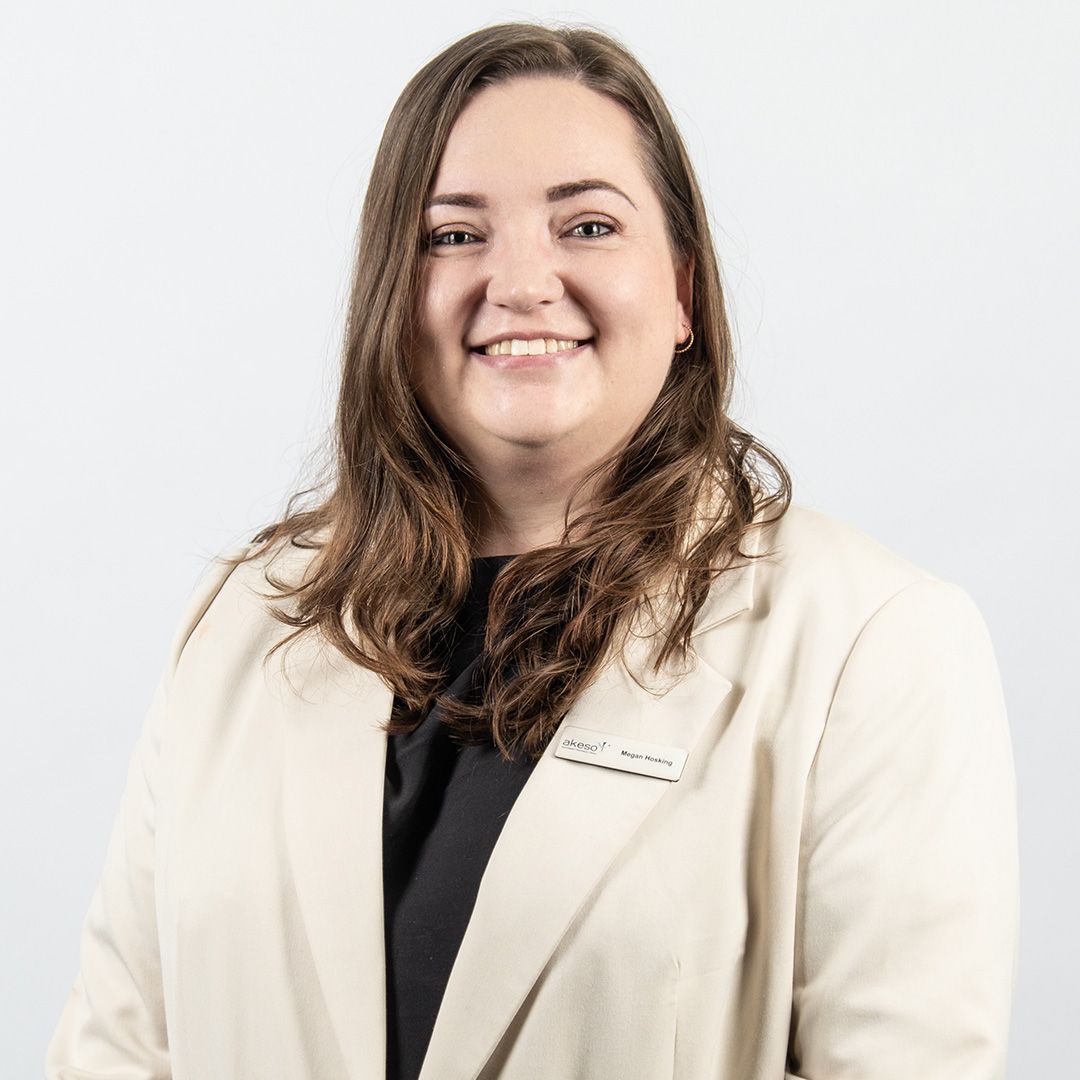Five minutes between now and forever
One call for suicide prevention could save a life
Suicide may be an uncomfortable topic – but talking about it is very necessary as it can help prevent tragic, untimely deaths.
World Suicide Prevention Day, an annual awareness day marked on 10 September 2024, highlights the importance of ongoing awareness and public education to help reduce suicide rates and reach those who need professional support in time.
“Suicide is complex and there is rarely a single deciding factor, however depression, anxiety, and substance abuse, as well as interpersonal conflicts or a crisis, are often underlying risk factors,” says Megan Gonsalves, Netcare Akeso’s crisis line and marketing manager.
“While some suicides are planned carefully months in advance, many appear to be impulsive and may be acted on within hours or minutes of being conceived. A study by the Harvard School of Public Health found that one in four survivors of almost lethal suicide attempts deliberated for less than five minutes before acting on the impulse, and a mere 13% of those interviewed had thought about suicide for more than a day.
“Other studies suggest almost half of people attempt suicide within just 10 minutes of the thought entering their minds, while Australian research indicated 40% acted on suicidal thoughts within the first five minutes,” Gonsalves says.
“It is deeply disturbing that in a mere five minutes, a person can decide to end their life forever. Netcare Akeso is creating awareness with a campaign One call – the difference between now and forever to intervene in these crucial minutes when a person may be contemplating suicide.”
This campaign aims to help suicidal individuals break free from the ‘fog’ they may feel trapped in and move into a clearer and brighter space where hope can be found beyond the immediate crisis they are experiencing.
“One call to check on a friend, colleague or family member who is going through a difficult time, or placing one call to a mental health resource for help can make the difference between life and death for someone who’s suicidal,” Gonsalves says.

Megan Gonsalves, Netcare Akeso’s crisis line and marketing manager
Suicide facts by numbers
- Suicide accounts for approximately 700 000 deaths each year worldwide.
- For each suicide, there are an estimated 20 suicide attempts.
- In 2019, suicide was the fourth leading cause of death among 15–29-year-olds globally.
- It is estimated that one in five people has suicidal thoughts in their lifetime.
- South Africa is ranked in the top 10 countries by suicide rate with 23,5 suicides per 100 000 people, and this represents approximately 14 000 suicides each year
The World Health Organization's (WHO) goal for suicide is to decrease the rate by one-third globally by 2030. To achieve this, countries with high suicide rates must prioritise interventions, as they are proven to be effective.
Acting to intervene in the space of opportunity before somebody takes their life can be as simple as making a phone call. Don’t hesitate to reach out if you know someone who may be at risk of suicide.
Five steps to help a person at risk
“It can be challenging to know how best to approach someone who may be having suicidal thoughts, however bear in mind that this conversation needs to be direct to ascertain the risks and to determine what can be done to help the person,” Gonsalves says.
Five practical steps when you are concerned someone may be at risk:
- Ask: Be direct in asking the person whether they are thinking about suicide or have plans to harm themselves.
- Be there: Listening without judgment is key to understanding more about what the person is thinking and feeling. Remember, this is not an easy conversation for them either. You don’t need to give advice; just listen and be there for them.
- Help them keep safe: Don’t leave the person alone. Where possible, reduce access to any harmful items or areas where suicide could be attempted. Asking the person if they have a plan can help to identify these factors and help keep them safe if suicidal thoughts occur.
- Connect with professional help: There are many resources and suicide helplines that can be contacted, including the Netcare Akeso 24 hour crisis line on 0861 435 787 and the South African Anxiety and Depression Group (SADAG) 24-hour suicide crisis helpline on 0800 567 567. Help guide the person to a safe place for support and, if possible, help them reach out to these resources.
- Follow up: Stay in touch with the person after the crisis or after they have contacted a professional. Ongoing support is important to mental health and wellbeing.
Tragically, stigma remains the main barrier to people seeking help when they are at potential risk of developing suicidal ideation. This could be influenced by the taboo many feel when it comes to discussing mental health and a misplaced, though widespread societal belief that suicide shouldn’t be spoken of. This only perpetuates feelings of shame or failure that stand in the way of people reaching out when they need support and treatment.
The more people who speak up to encourage suicide prevention strategies and know how to offer support to someone who could be at risk, the greater our chance of dismantling the stigma and reducing the unquantifiable burden of tragedy the suicide rate represents.
Addressing myths about suicide
Myth 1: Talking about suicide will encourage suicidal attempts
“Talking about suicide can help reduce suicidal ideation. Talking about these difficult topics increases the likelihood of someone seeking help. Having a conversation around suicide can help to provide alternative views for someone struggling to see beyond their specific existing circumstances,” says Megan Gonsalves, Netcare Akeso’s crisis line and marketing manager.
“Asking someone in crisis if they are thinking about suicide can help to open a conversation that they otherwise may not know how to begin.”
Myth 2: Suicides happen without warning
“While people do not always share their thoughts, some studies have found that almost 50% of people do tell someone about their suicidal thoughts or behaviours. This is not always obvious or direct but could be through non-verbal gestures or subtle comments.
“Even if someone doesn’t directly say they may be experiencing suicidal thoughts, there are often warning signs to look out for,” she says.
- Talking about suicide, statements such as “I wish I were dead”, “I wish I hadn’t been born”, or preoccupation with death or dying
- Having access to weapons or means to take their own life, or engaging in risky or self-destructive behaviour
- Withdrawing from social contact and isolating from others
- Feeling trapped, hopeless, or helpless about a situation
- Increased use of alcohol or drugs
- Giving away belongings or getting their affairs ‘in order’ and saying goodbye to people as though they won’t see them again
- Personality changes, severe anxiety or agitation
- Extreme changes in normal routine, such as sleeping patterns
- Previous history of suicide attempts
- Experiencing trauma or crisis
Myth 3: Once a person is intent on suicide you cannot stop them
“Suicide can be unpredictable, but in many cases, it can be preventable. A person thinking about suicide is often experiencing hopelessness or extreme emotional pain and helping them to address those feelings and seek support can make a lifesaving difference,” Gonsalves says.
Myth 4: People who threaten suicide are seeking attention
“Any threat or talk of suicidality should be taken seriously. Some people open up to those around them about how they are feeling, which can be a way of asking for help. If someone talks about feeling suicidal, it is important to be kind and sensitive, avoid blame or judgement, and ask direct questions to understand the risks,” Gonsalves says.
“Connecting with professional mental health or medical support should be encouraged and facilitated if necessary.”













